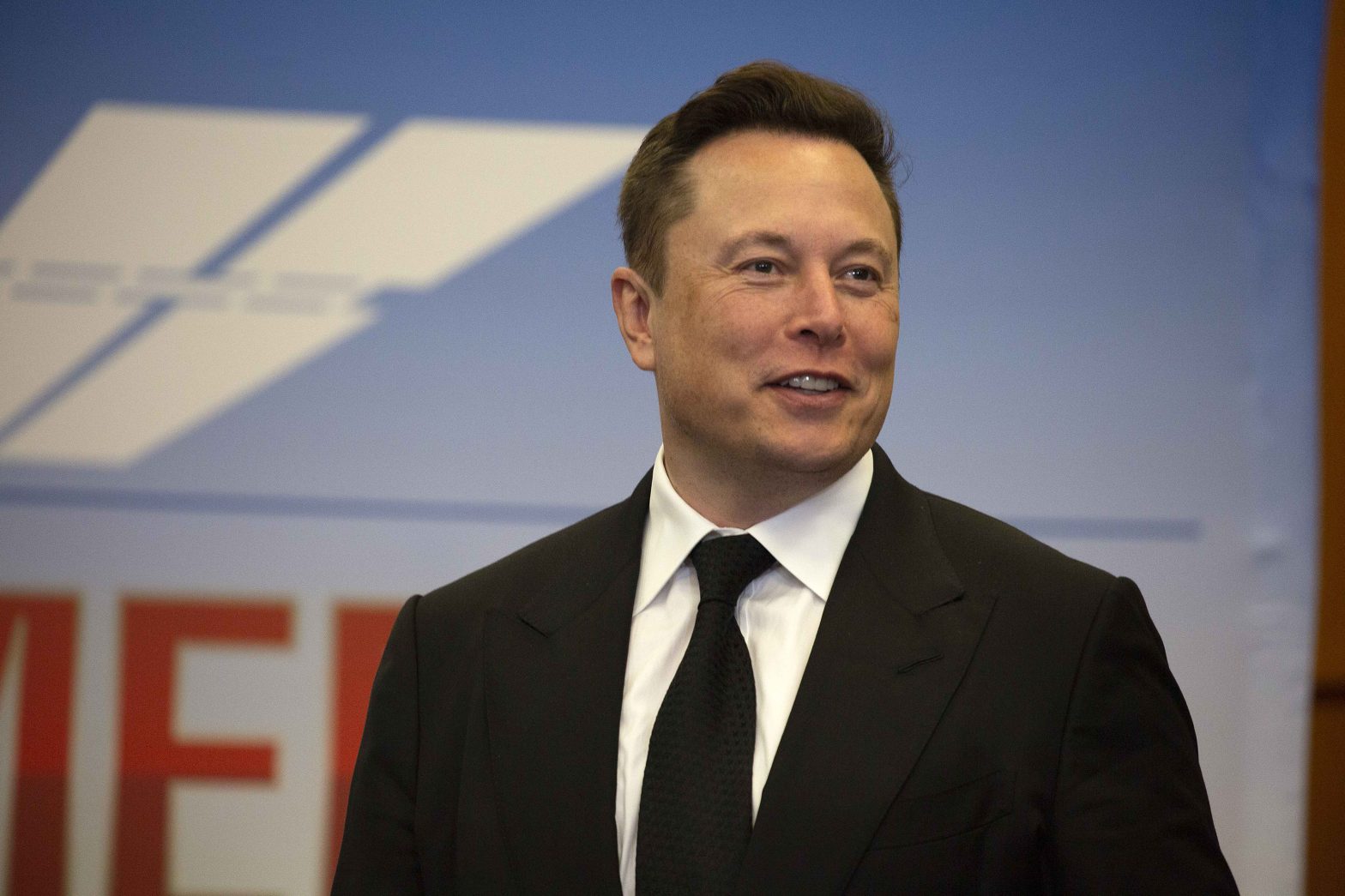Elon Musk Calls the UN’s Bluff to Open a Pandora’s Box
COMMENTARY

Multi-billionaire tech magnate Elon Musk built his Tesla Motors and SpaceX empire on $4.9 billion in government subsidies. And now he’s calling out another beneficiary of government largesse: the United Nations.
On November 1, the UN’s World Food Programme (WFP) announced in a press release: “42 million people are at famine’s door — and $6.6 billion could save them now.”
The headline didn’t escape one Twitter user’s notice. He pointed out that “2% of Elon Musk’s wealth is $6B. In 2020 the UN World Food Program (WFP) raised $8.4B. How come it didn’t solve world hunger?” Musk replied, “If WFP can describe on this Twitter thread exactly how $6B will solve world hunger, I will sell Tesla stock right now and do it.”
WFP executive director, David Beasley, then joined the online melee, inviting Musk to discuss the matter. But in doing so, he had pivoted from the initial press release of his own organization. He tweeted, “Headline not accurate. $6B will not solve world hunger, but it WILL prevent geopolitical instability, mass migration and save 42 million people on the brink of starvation. An unprecedented crisis and a perfect storm due to Covid/conflict/climate crises.”
The bait and switch didn’t escape Musk’s attention, either. “Please publish your current & proposed spending in detail so people can see exactly where money goes. Sunlight is a wonderful thing,” he replied. To which Beasley responded that he’d meet Musk “anywhere” to show him their books.
Except that’s not at all what Musk was asking. He wants the UN program to open its kimono for the whole planet to see and evaluate the funding and spending of this global governance entity which has benefited from taxpayer largesse on a global scale. Instead, Beasley is offering special access to a potential rainmaking donor.
Something has long seemed amiss. How else can one explain that world hunger and poverty are still global problems when governments have been tossing our money down this particular well for at least as long as most of us have been alive. World poverty should have been fixed a long time ago — unless the ultimate purpose is to maintain the poverty industry in the manner to which it has become accustomed.
We all remember watching the ads on TV for UN fundraising campaigns — showing cute kids in foreign countries starving — and wanting to do anything that we possibly could to help. The message always has been that X amount of money, donated by you, can save one child from going hungry for a day. We collected coins in little boxes for the cause each Halloween and held bake sales for which we undercooked brownies and burnt cookies. All because some of us really wanted to believe that the money (or at least almost all of it) went straight from our pockets onto a plate in need.
It’s not that simple with many of these multinational organizations, whose public transparency regarding the breakdown of administrative, operational, and other costs on a worldwide scale leaves a lot to be desired. A 2008 publication in the Journal of Economic Perspectives noted that in 2004, 70 percent of the WFP’s aid went to “corrupt countries,” and ranked it near the bottom for transparency and overhead. Even more troubling is that one has to go back that far in order to find any detailed sources that aren’t published directly by the organization itself. Why so discreet?
Since this assessment, the WFP has implemented biometric data collection and verification control systems in the countries in which they operate. They claim that the measures help prevent fraudulent distribution in the supply chain. Not a bad idea in principle since the New York Times has previously reported, for example, that WFP food had been misdirected to Islamist militant groups in Africa.
But it’s hard not to also be skeptical about the creation of a biometric data dragnet for eventual use by the organization’s two largest public benefactors: the United States and the European Union. It would be interesting to know which private donors might have a particular interest in such information. For instance, The Bill & Melinda Gates Foundation, founded by Microsoft’s Bill Gates, donated $324.7 million to another UN program — the World Health Organization (WHO) in 2017. That makes Gates the second-largest donor to the WHO, including nation-states (right behind the U.S. at $401.1 million).
So, while Musk is playing social media footsie with the WFP and dangling a fortune before their eyes, can we please know how much of a return on investment tech giants like him could potentially be getting for their involvement? The only way to find out is to see the current donor list, breakdown of costs, any earmarked program funding, and a full list of vendors.
Speaking of vendors, in 2010, the American Enterprise Institute’s former visiting fellow Jon Entine pointed out, citing the UN Monitoring Group on Somalia, that “three Somali businessmen who held about $160 million in WFP transport contracts were involved in arms trading while diverting the agency’s food aid away from the hungry.” Is this just the tip of the iceberg? Let’s find out.
It’s long past time for someone to break open the books of the UN and its various organizations. And if Musk succeeds in doing so with a bribe of $6 billion, it might truly be the bribe to end all bribes.
©2021 Tribune Content Agency, LLC
























